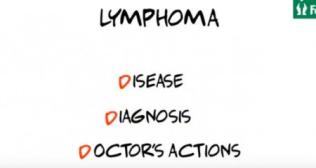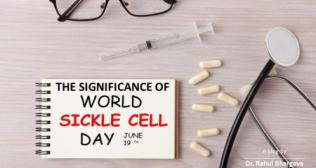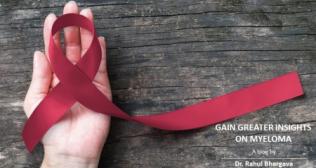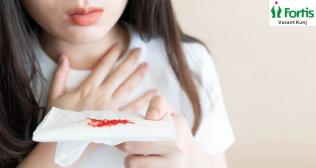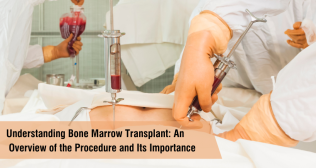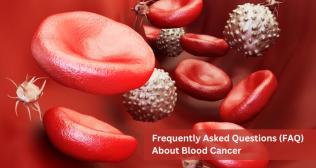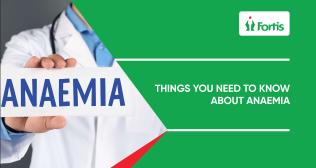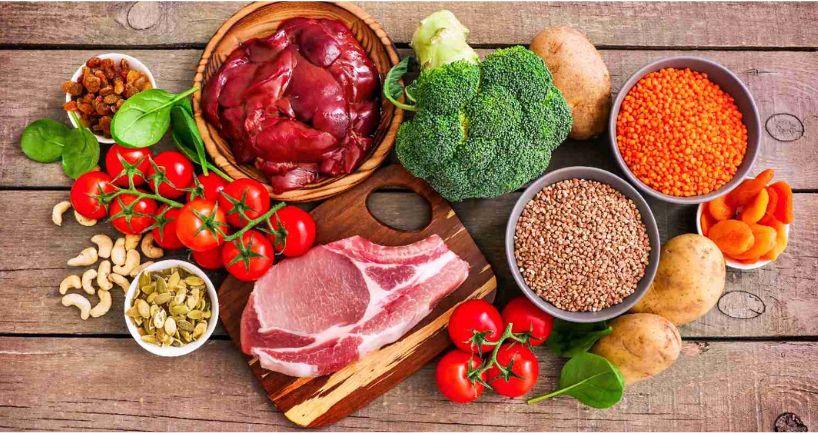
Home Remedies To Increase Hemoglobin Levels
Hemoglobin is an iron-rich protein. It is found in the body's red blood cells and transports oxygen to different body parts. When the levels of hemoglobin are low, it leads to a condition called anemia. Anemia occurs when a person doesn’t have sufficient red blood cells in the body or if the cells stop performing their functions properly. Anemia leads to low oxygen in the body which can be fatal for a person.
According to the Lancet, there were 1.92 billion people who had anemia worldwide. The alarming part is that the cases have increased by 420 million in the past three decades.
In India anemia is common. The normal levels of hemoglobin for adult men is 14 to 18 g/dl and in adult women is 12 to 16 g/dl.
The main causes of anemia are pregnancy, deficiency of vitamin B12, loss of blood, cancer, kidney disorders, liver problems, thyroid conditions, genetic conditions, thalassemia, and consumption of excessive alcohol.
The symptoms of low hemoglobin levels include:
- Breathlessness
- Irregular heartbeats
- Palor in the skin and gums
- Tiredness
- Weakness
- Feeling of dizziness
- Frequent bruising
- Frequent headaches
Although the doctor may prescribe supplements and medications to increase the hemoglobin levels in the body, there are certain dietary measures a person can take at home to increase their hemoglobin levels. However, it is important to note that home remedies may take longer than the medication prescribed by the doctor. If the hemoglobin levels have to be increased urgently then the doctor may suggest a blood transfusion, surgery to stop internal bleeding, or a bone marrow transplant.
Home remedies to increase hemoglobin levels
There are multiple ways in which a person can improve and manage their hemoglobin levels at home.
They include:
- Increasing iron consumption- Iron produces hemoglobin, helps to manufacture red blood cells, and ensures that adequate oxygen is supplied to all body parts. A person can increase their iron intake by eating foods like meat, fish and chicken, beans, legumes, eggs, green leafy vegetables, and nuts and seeds.
- Increase the intake of folate- Folate is a kind of vitamin B that helps in the making of hemoglobin. Folate helps the body manufacture heme which is an important component of hemoglobin and helps the red blood cells provide oxygen to various parts of the body. A folate deficiency hampers the maturing of red blood cells. Rich sources of folate are spinach, beans, peanuts fruits, sunflower seeds, whole grains, and eggs. Sometimes a person may be required to take folic acid supplements as they are absorbed in the body faster (85%) compared to the absorption of folic acid from the diet (50%). The dosage of the supplements should be as instructed by the doctor.
- Increasing the absorption of iron in the body- There are some vitamins and minerals that help the body absorb iron more effectively in the body. They include- Vitamins C, A, and beta-carotene. The sources of food that are rich in vitamin C are fruits like oranges, strawberries, papaya, guava, and grapefruit. Fish, liver, and sweet potatoes are rich sources of vitamin A and carrots, turnips, cantaloupe, and mangoes are rich in beta-carotene. A word of caution though, is that excessive intake of vitamin A may cause a condition called hypervitaminosis A which leads to joint pain, bone pain, headaches, and pressure inside the brain. Foods such as polyphenols, phytates, and oxalic acids such as tea, coffee, cocoa, soy products, wine, beer, and aerated drinks can block the absorption of iron in the body.
- Cooking in iron utensils- Cooking food in iron utensils fortifies the food in iron and helps people with low hemoglobin levels.
- Taking iron supplements- When a person experiences very low hemoglobin levels they may be advised to take iron supplements by the doctor. The supplements slowly and gradually increase the iron levels in the body over a couple of weeks. The supplements may be required to be taken for many months to increase hemoglobin levels. But as stated earlier, too much iron also can be toxic for the body and lead to a condition called hemochromatosis that can affect the liver. It can produce side effects like constipation, nausea, and vomiting. The physician hence adjusts the dosage as per the person’s requirements and iron levels in the body.
- Including exercising and workouts in the daily routine- When a person exercises, the body manufactures more hemoglobin to meet the oxygen requirements across the body thereby improving hemoglobin levels.
Popular Searches :
Hospitals: Cancer Hospital in Delhi | Best Heart Hospital in Delhi | Hospital in Amritsar | Hospital in Ludhiana | Hospitals in Mohali | Hospital in Faridabad | Hospitals in Gurgaon | Best Hospital in Jaipur | Hospitals in Greater Noida | Hospitals in Noida | Best Kidney Hospital in Kolkata | Best Hospital in Kolkata | Hospitals in Rajajinagar Bangalore | Hospitals in Richmond Road Bangalore | Hospitals in Nagarbhavi Bangalore | Hospital in Kalyan West | Hospitals in Mulund | Best Hospital in India | | Cardiology Hospital in India | Best Cancer Hospital in India | Best Cardiology Hospital in India | Best Oncology Hospital In India | Best Cancer Hospital in Delhi | Best Liver Transplant Hospital in India
Doctors: Dr. Rana Patir | Dr. Rajesh Benny | Dr. Rahul Bhargava | Dr. Jayant Arora | Dr. Anoop Misra | Dr. Manu Tiwari | Dr. Praveer Agarwal | Dr. Arup Ratan Dutta | Dr. Meenakshi Ahuja | Dr. Anoop Jhurani | Dr. Shivaji Basu | Dr. Subhash Jangid | Dr. Atul Mathur | Dr. Gurinder Bedi | Dr. Monika Wadhawan | Dr. Debasis Datta | Dr. Shrinivas Narayan | Dr. Praveen Gupta | Dr. Nitin Jha | Dr. Raghu Nagaraj | Dr. Ashok Seth | Dr. Sandeep Vaishya | Dr. Atul Mishra | Dr. Z S Meharwal | Dr. Ajay Bhalla | Dr. Atul Kumar Mittal | Dr. Arvind Kumar Khurana | Dr. Narayan Hulse | Dr. Samir Parikh | Dr. Amit Javed | Dr. Narayan Banerjee | Dr. Bimlesh Dhar Pandey | Dr. Arghya Chattopadhyay | Dr. G.R. Vijay Kumar | Dr Ashok Gupta | Dr. Gourdas Choudhuri | Dr. Sushrut Singh | Dr. N.C. Krishnamani | Dr. Atampreet Singh | Dr. Vivek Jawali | Dr. Sanjeev Gulati | Dr. Amite Pankaj Aggarwal | Dr. Ajay Kaul | Dr. Sunita Varma | Dr. Manoj Kumar Goel | Dr. R Muralidharan | Dr. Sushmita Roychowdhury | Dr. T.S. MAHANT | Dr. UDIPTA RAY | Dr. Aparna Jaswal | Dr. Ravul Jindal | Dr. Savyasachi Saxena | Dr. Ajay Kumar Kriplani | Dr. Nitesh Rohatgi | Dr. Anupam Jindal |
Specialties: Heart Lung Transplant | Orthopedic | Cardiology Interventional | Obstetrics & Gynaecology | Onco Radiation | Neurosurgery | Interventional Cardiology | Gastroenterologist in Jaipur | Neuro Physician | Gynecologist in Kolkata | Best Neurologist in India | Liver Transfer








